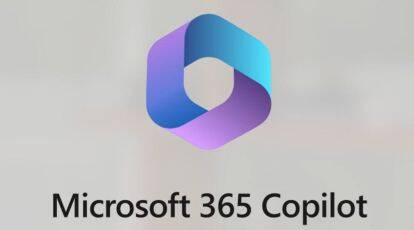
As of April 2016, Instagram had around 400 million users worldwide and is one of the fastest growing social networks. It is based solely on image and video content uploads, of which there are more than 80 million posted every day. A popular social media platform for both users and brands, so it’s hardly surprising that Instagram has just announced it plans to launch business friendly tools that provide insights into engaging posts and audience. If I am honest it is a bit late, I have been moaning for a number of years that it’s platform needed to be better for brands so I was eagerly awaiting its business offering. What I want to know is, exactly how worthwhile is making the transition from a regular Instagram account to a business page? Is it actually going to be worth doing it? In its Instagram for business blog the social media app refers to itself as a place where “people can turn their passions into livelihoods” which, being an avid Instagrammer myself I’ve noticed to be true. Some businesses have already doubled or even tripled their customers through their Instagram account and it is without doubt the platform of choice for brand engagement. A good example is WeWork which is a company that provides shared office workspaces all over the globe, whose valuation has apparently doubled to $10 billion over the last year thanks to its social media presence. So much so, that Forbes.com even published an article about its ‘phenomenal rise’. WeWork latched on to the idea of sharing not just images of its workspaces but producing popular image content and trends. Primarily, it encourages interaction with followers through the use of hashtags such as their slogan ‘Do what you love’, #DogsOfWeWork and getting customers to share images of their office space, which ties in user generated content. WeWork embody the notion of laid back 2016 branding on Instagram and their success makes you ask how exactly will Instagram for business better what it is they already do so well? So what is it exactly Instagram is now proposing? It outlines the changes as three key needs; companies of Instagram want to stand out, get insights and find new customers. Business profiles will be free and allow companies to be more organised and selective about how customers contact them; with a new contact button which will direct users to get in touch through email, call or text – great that sounds like a big tick to me. However, when it comes to insights and promotion I can’t help but be slightly more sceptical. It claims the business profile will unlock access to who your followers are, and which posts resonate better than others, a promise we’ve all seen before. Remember Instagram is owned by Facebook and so I expect to see reach on Instagram dropping hugely, so it can launch a ‘pay for reach’ feature. Previously Instagram has been known to let a very select group of brands advertise but with a business profile, that’s set to change. You simply pick a post you’ve already shared, select your target audience and your post will be promoted as an ad for however long you select and all can be managed through Facebook Business Manager to keep everything nice and succinct. Keen to make clear it has listened to the business community, Instagram related each of the new features back to a small business who currently use the app. Although, I’m pretty sure they could’ve came up with the features themselves and ignored the suggestions that didn’t fit the brief. Are we going to have a new generation of Instagramers with business profiles because they look more professional? Or is the promotion of posts going to leave users too bombarded? Only time will tell if staying as a normal user is the way to go if you want organic reach, or if Instagram really do have small businesses growth at heart. Image credit to: static.pexels.com



